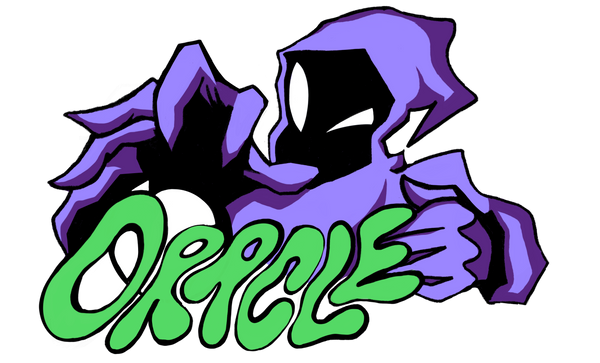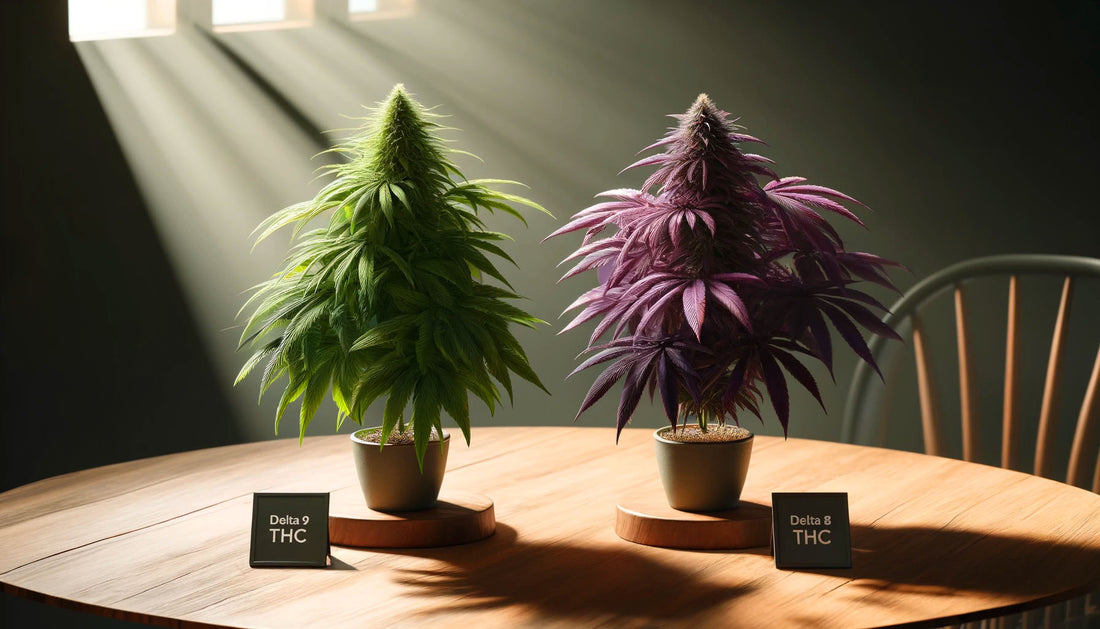What is the difference? Delta-8 THC vs. Delta-9 THC
In the ever-evolving landscape of cannabinoid science, two compounds stand out for their intriguing properties and the discussions they provoke: Delta-8 tetrahydrocannabinol (THC) and Delta-9 THC. While both are derived from the cannabis plant and share psychoactive characteristics, their nuances in effects, legality, and therapeutic potential are worth exploring.
Delta-8 THC: A Gentle Giant?
Often overshadowed by its more potent sibling, Delta-8 THC is a minor cannabinoid with a growing reputation for providing a milder, more manageable high compared to Delta-9 THC. Its allure lies not only in its psychoactive experience, which many users describe as less intense and more clear-headed, but also in its potential benefits. Emerging research and anecdotal evidence suggest that Delta-8 THC may offer relief from pain, anxiety, and nausea, while possibly enhancing appetite and sleep quality. However, it's important to note that the research on Delta-8 THC is still in its infancy, and much of the evidence supporting these benefits is anecdotal.
Delta-9 THC: The Iconic High
Delta-9 THC is the most well-known and abundantly occurring psychoactive compound in the cannabis plant. It's renowned for delivering the quintessential "high" that many associate with cannabis use. This includes feelings of euphoria, heightened sensory perception, and, in some cases, an increase in appetite. Delta-9 THC has also been studied for its therapeutic benefits, which include pain relief, anti-emetic effects, and its ability to stimulate appetite in patients undergoing treatments such as chemotherapy.
Legal Landscapes and Accessibility
The legal status of these cannabinoids is as complex as their effects. Delta-9 THC is federally illegal in the United States, though it has been legalized for medical and/or recreational use in several states. Conversely, Delta-8 THC occupies a legal gray area; it is federally legal under the 2018 Farm Bill, which allows for the sale of hemp-derived products, provided they contain less than 0.3% Delta-9 THC by dry weight. However, state laws vary widely, with some states specifically banning Delta-8 THC regardless of its federal status.

Safety and Side Effects
Both Delta-8 and Delta-9 THC can cause side effects, particularly when consumed in high doses. Common adverse effects include dry mouth, red eyes, and short-term memory impairment. Delta-9 THC, due to its higher potency, may also lead to paranoia and anxiety in some users. The potential risks associated with Delta-8 THC, including its long-term effects, are less well-understood due to the lack of comprehensive research.
Navigating the Nuances
Consumers navigating the world of Delta-8 and Delta-9 THC should be informed about the differences in their effects, legal status, and safety profiles. While both cannabinoids have their place in the cannabis landscape, their distinct characteristics cater to different preferences and needs. As the cannabis industry continues to evolve, so too will our understanding of these fascinating compounds. For those considering incorporating Delta-8 or Delta-9 THC into their routines, it's crucial to conduct thorough research, consult with healthcare professionals, and prioritize products from reputable sources to ensure a safe and positive experience.
In conclusion, the distinction between Delta-8 and Delta-9 THC is characterized by subtle chemical differences that lead to significant variations in their psychoactive effects, therapeutic potential, and legal status. As we advance in our understanding and research of these cannabinoids, it's essential to remain informed and cautious, recognizing both the benefits they may offer and the risks they pose. Whether seeking relief from specific ailments or exploring the psychoactive landscapes of cannabis, Delta-8 and Delta-9 THC represent two paths on the complex journey of cannabinoid exploration.

